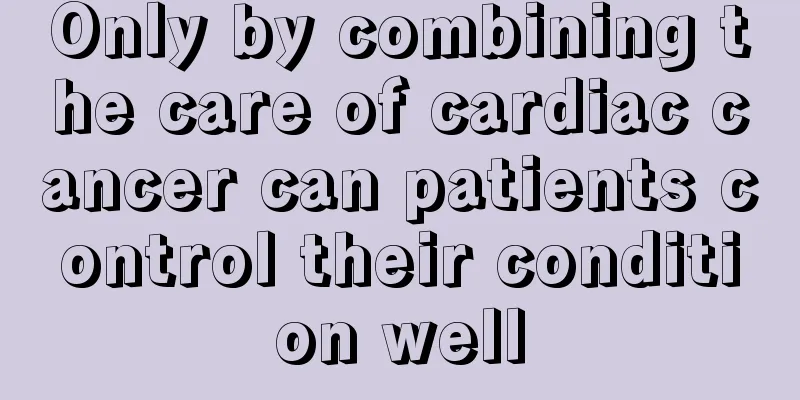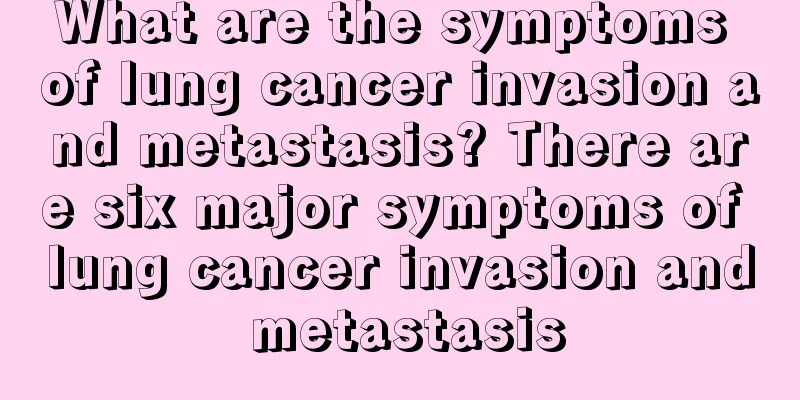The impact of hormones on blood sugar

|
Nowadays, many foods and medicines contain hormones. Because they contain hormones, people are reluctant to use them on their bodies for fear of causing harm to the body. In fact, we need to pay attention to several points when using drugs. The first task is to understand the impact of hormones on blood sugar. This will not only help us learn more about hormones, but also better control blood sugar. The effect of glucocorticoids on blood sugar mainly depends on the dose and duration of application, and its effect will persist during the use of the drug. Moreover, any route of administration, including intra-articular injection, can cause blood sugar to rise. Generally, it takes at least 4 hours from taking the medicine until blood sugar starts to rise, and sometimes it takes several days. The impact on postprandial blood sugar is greater than the impact on fasting blood sugar. In addition, if the patient is treated with glucocorticoids, the probability of developing hyperphagia may increase, which will make it more difficult to control postprandial blood sugar. Generally, after taking the medicine in the early morning, blood sugar will continue to rise during the day and gradually decrease at night. When the dose of glucocorticoids is reduced or discontinued, attention should also be paid to reducing the dose of hypoglycemic drugs and avoiding hypoglycemia. These two methods depend largely on the duration of treatment. Basic Overview The sugar in the blood is called blood sugar, and in most cases it is glucose (abbreviated as Glu in English). Most of the energy required for the activities of various tissues and cells in the body comes from glucose, so blood sugar must be maintained at a certain level to meet the needs of various organs and tissues in the body. The normal fasting blood glucose concentration is 3.9~6.1mmol/L. A fasting blood glucose concentration exceeding 7.0mmol/L is called hyperglycemia. A blood sugar concentration below 3.9mmol/L is called hypoglycemia, and a blood sugar concentration below 2.8mmol/L is called hypoglycemia. The blood biochemical test we get usually says: glucose, or Glu. Sugar is one of the essential nutrients for our body. People consume grains, fruits and vegetables, which are converted into monosaccharides (such as glucose) through the digestive system and enter the blood, and are transported to cells throughout the body as a source of energy. If it cannot be consumed immediately, it will be converted into glycogen and stored in the liver and muscles. The liver can store 70 to 120 grams of sugar, which is about 6 to 10% of the liver weight. The amount of glycogen that cells can store is limited. If too much sugar is consumed, the excess sugar will be converted into fat. When food is digested, the stored glycogen becomes the normal source of sugar, maintaining normal blood sugar concentration. Glycogen will also be used up during strenuous exercise or if you go without food for a long time. At this time, the cells will break down fat to supply energy. 10% of the fat is glycerol, which can be converted into sugar. Other parts of fat can also generate energy through oxidation, but their metabolic pathways are different from those of glucose. |
>>: When should I check the six hormone items?
Recommend
Which is more serious, hiccups or belching
Hiccups and belching are two concepts that people...
How to perform percutaneous bone cement implantation for bone metastasis
Percutaneous bone cement implantation is a minima...
What are the effects of placenta cream
After a woman gives birth, she will have a placen...
Can I eat walnuts if my blood sugar is high?
The unsaturated fatty acids contained in walnuts ...
Benefits of milk bath
Milk is a food with relatively high nutritional v...
What is considered high blood uric acid? What is the normal value
Blood uric acid is uric acid in the serum, which ...
Why do pituitary tumors recur and metastasize
Pituitary tumors are mostly treated clinically wi...
How to effectively treat stomach fire
Stomach fire is very common in traditional Chines...
Does having less hair in whorls really mean you are bald?
Many people think that having less hair in the wh...
Cervical artery vascular sclerosis requires timely treatment
Patients with carotid artery sclerosis will exper...
What is the treatment and care for testicular cancer
Because of the special location of the testicles ...
The most important way to prevent rectal cancer
Rectal cancer is very easy to be caused in life. ...
What to do if constipation occurs after colon cancer surgery with multiple metastases
Generally speaking, if a patient has multiple met...
Can I use salt to wash my face if I have large pores?
The quality of the skin is not only related to ge...
Fungus varieties
Black fungus is a common ingredient and is sold i...









